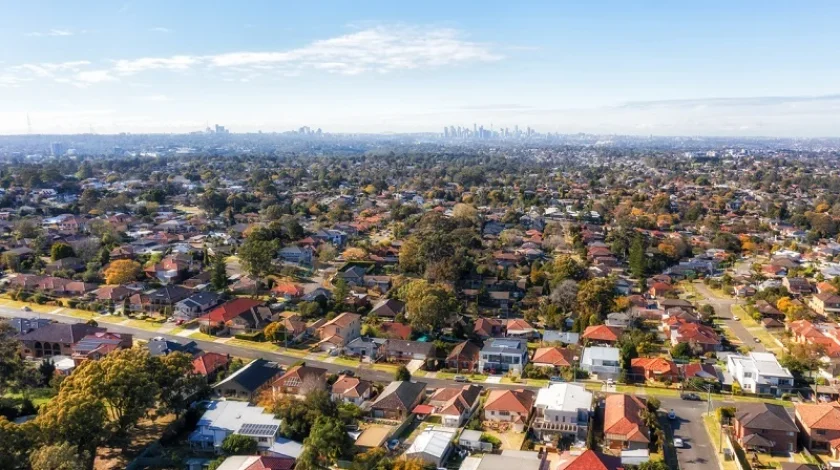The surcharge stamp duty and land tax for foreigners in NSW has been around for about 5 years now but it seems that people are still getting it wrong, and given the current squeeze on the NSW coffers, Revenue NSW has made it their business to make sure that if we’re not getting it right, they will top up those coffers, i.e. they are auditing heavily and looking for errors.
Just about every purchaser has to pay stamp duty (first home buyers are a different kind of purchaser and I won’t cover that here). Stamp Duty is paid based on the consideration paid for the purchase, on a sliding (and increasing) scale from 1.25% to 5.5%, and then premium duty of 7% for any amount over $3,101,000.
But what if you’re a foreigner? And what is a foreigner anyway? When purchasing property in NSW, if you were born in Australia or you have been naturalised Australian and hold an Australian Citizenship certificate and/or an Australian passport, you will never pay foreigner purchaser surcharge duty (or land tax – more on that below).
A permanent resident is usually considered to be Australian, same as a citizen, But there is the 200 day rule that is usually forgotten. What does this mean? It means if you are a non-citizen with a permanent resident visa and you are NOT in the country for 200 days in the year before you make your purchase, your permanent residency is discounted and you will be treated as a foreigner purchaser and required to pay, in addition to that stamp duty referred to above, an additional whopping great 8% surcharge (that’s on the value of the property, i.e. if you’re buying for a million dollars that’s an additional $80,000!) to Revenue NSW on top of the duty you are already paying.
Is there any way around this? There is one way (phew!). If you weren’t here (in Australia) for 200 days in the year before, you can apply for an exemption on the basis that you will be in the country for another 200 days in the year after the purchase is complete.
Don’t forget as well, if you are purchasing in a corporate entity or trust, even if that entity is registered or created in Australia, more than 20% foreign ownership (i.e. foreign shareholders or trust unit holders) make the company or trust a foreign entity and you lose that Aussie exemption to the surcharge.
Land tax is an annual payment made to Revenue NSW on the ‘unimproved’ value of the land that is owned in NSW, with certain exemptions, including your home. Land tax is charged at a rate of 1.6 per cent on the aggregate of unimproved land value of properties owned by an individual that exceed the threshold each year. The threshold rises each year but your property’s unimproved land value also increases each year (the values are determined by the Valuer-General).
If you are a foreigner who owns property in NSW then you will be liable to pay foreigner surcharge land tax. This is payable even if you would otherwise be exempt, i.e. on your home. So if you are, for example, in Australia on a temporary working visa and you own the home you live in, on top of any other duties we talked about above, you will also be liable to pay the foreigner surcharge, which is 2% on the full unimproved land value, per year, from $0, i.e. there is no land tax-free threshold .
So if your unimproved land value is either less than the threshold, let’s say $400,000, but you are a foreigner, you will be liable to pay $8,000 in foreigner surcharge land tax per annum. And if it is over the threshold but a citizen (meaning any citizen home owner-occupier) would be exempt, if the property was valued at say $900,000, then you would be liable to pay $18,000 in land tax. The 200 day rule applies to land tax as well.
Note – this 2% surcharge goes up to 4% in 2023.
If you think your stamp duty or land tax has been incorrectly calculated and you think you should be paying the foreigner surcharge, you’re more likely to have penalties and interest waived if you self-report to Revenue NSW before they find you (and they are now constantly auditing all transactions and looking for errors, and remember, they have access to customs and border control records).
If you have any questions about the foreigner surcharge stamp duty or land tax, please do not hesitate to contact a member of Coleman Greig’s Property Team, who would be more than happy to assist you today.














